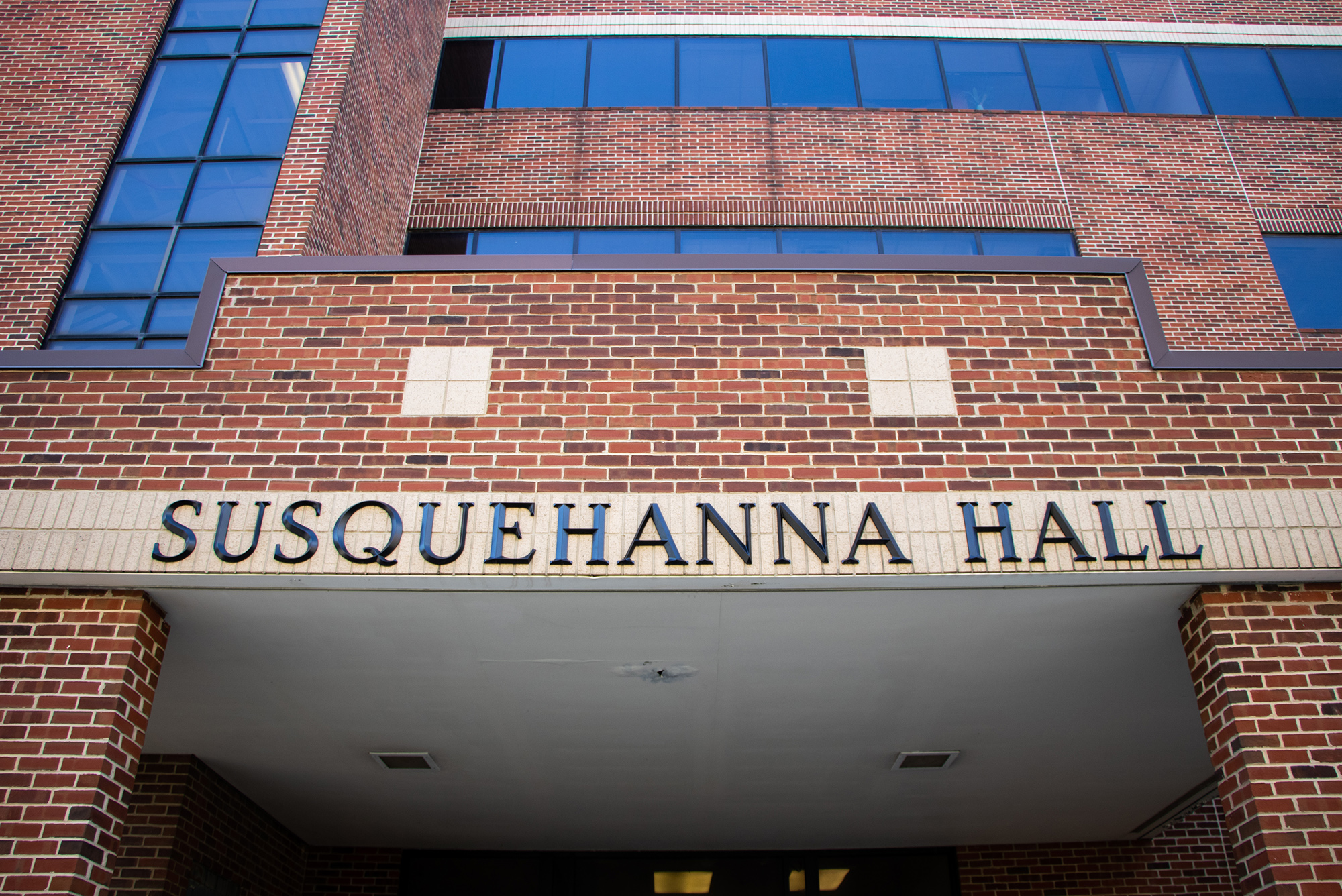When Amanda heard that the University of Maryland — like so many other colleges across the country — would be holding the rest of its semester online because of the coronavirus pandemic, her first thought was about her case.
Months before, she’d accused a student at this university of sexual misconduct. And now she wondered, with the vast majority of the university’s employees teleworking, what was going to happen to the investigation?
For the time being — just like lectures and labs, business meetings and office hours — disciplinary hearings at the university, including those tied to sexual misconduct complaints, are being held on video conferencing platforms such as Zoom and Webex.
That means that the Office of Civil Rights and Sexual Misconduct investigations, too, are taking place through phone calls and video chats, rather than with in-person interviews — which advocates said can have emotional consequences for those involved.
Amanda, who agreed to be identified by a pseudonym, worried for those who would be interviewed virtually about their sexual misconduct allegations. The Diamondback does not generally identify alleged victims of sex crimes.
[Read more: Coronavirus updates: The Diamondback’s ongoing coverage]
“There’s just a lot of body language and stuff like that that’s really, really important in trauma cases like these that can’t be conveyed as easily on a video call,” she said. “And it’s hard to figure out your webcam and your microphone when you’re going through a traumatic experience like that.”
Grace Karmiol, director of the OCRSM, said in a statement that the intake process — which includes processing complaints of sexual misconduct and arranging any accommodations for people who report — will also occur virtually.
“We understand the need to be flexible during this global pandemic, and remain committed to fulfilling our Title IX obligations and serving as a resource to the campus community during this time,” Karmiol wrote in the statement, which was sent by a university spokesperson.
The Office of Student Conduct, which handles disciplinary hearings and punishments associated with offenses including sexual misconduct, is also keeping its practices largely the same, according to a statement from Student Conduct Director Andrea Goodwin.
The move to online hearings is unlikely to delay them, Goodwin wrote in a statement, since the parties involved — including members of the University Student Judiciary — have been able to meet online.
Goodwin also wrote that mediation, one tool used to address some disciplinary infractions such as hate/bias incidents, is no less effective when it occurs online.
“We have conducted virtual meetings with students in the past and there is no evidence that the outcomes are different in meetings that are virtual versus in person,” Goodwin wrote.
In the meantime, the university has also posted messages on ELMS, where students get information about their courses and grades, reminding them that student conduct policies still apply online.
Elena LeVan, the Student Government Association’s director of sexual misconduct prevention, said virtual investigations and hearings could actually benefit some survivors of sexual misconduct.
“My hope is that maybe at least some students who are going through this might experience a little bit more comfort, being able to do these sorts of things in their own home,” she said.
In addition, survivors of sexual misconduct may be spared some of the emotional hardship associated with having to face the person they have accused during an in-person hearing, LeVan said.
But there are other impacts the coronavirus crisis could have on survivors, LeVan said. The chaos may make them slower to respond to questions from the office, causing delays in a process that already typically lasts longer than advertised.
Given that many students are undergoing financial and health-related hardships associated with the pandemic, though, LeVan said she hopes that the university is allowing students to delay hearings and investigations.
[Read more: UMD counseling center braces for uptick in students seeking help during COVID-19 pandemic]
Requests for delaying student conduct and sexual misconduct cases are reviewed on a case by case basis, according to a statement from Karmiol and Goodwin.
Perhaps more concerning, LeVan said, is that the release of new guidelines for how colleges address sexual misconduct could be imminent. Before coronavirus closures swept through colleges and universities across the country, the new federal Education Department guidelines were set to go before the Office of Management and Budget in a series of hearings in mid-April, after which the final guidelines would likely have been released.
Late last month, 18 state attorneys general — including Maryland’s — wrote a letter requesting that the department hold off on announcing the new rules during the coronavirus crisis.
“With school resources already stretched thin, now is not the time to require school administrators, faculty, and staff to review new, complex Title IX regulations, revise their schools’ policies in response, and communicate these changes to students and parents,” the letter read.
“It’s gonna be chaotic. It’s gonna be hard,” LeVan said. “I hope that the Department of Education will give schools time to implement the changes that they’re trying to make, so that they can work those things out when we get back from all of this.”
On top of it all, April is Sexual Assault Awareness Month, typically an important moment for campus advocates like LeVan. The month will instead be used to assist individuals with current investigations affected by the coronavirus closures, or facing new problems as a result of extenuating circumstances prompted by the virus.
“We might have students right now who are being forced to stay with an abusive partner, or going back to an abusive home because they’re quarantined, or they don’t have another place to live,” LeVan said. “So I mean, SGA is going to try to continue to do outreach about different resources that are available to students, even if we’re online in our homes.”



